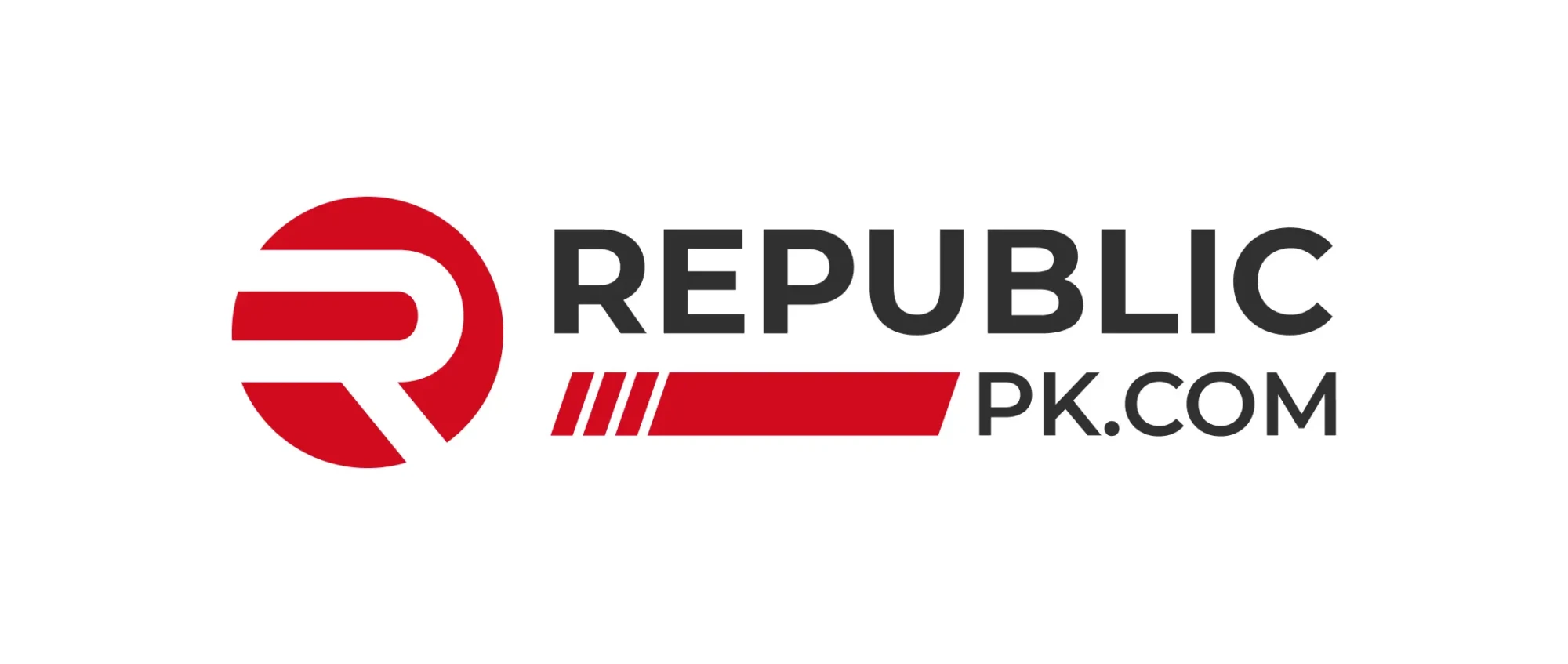IMF Assessment Highlights Governance Failures in Pakistan

The International Monetary Fund (IMF), in its Governance and Corruption Diagnostic Assessment on Pakistan, has raised serious concerns about corruption, weak governance, and declining institutional trust. The report outlines how corruption at multiple levels of government, coupled with political interference and judicial inefficiencies, continues to hinder Pakistan’s economic growth and stability.
Corruption as a Persistent Challenge
According to the IMF, corruption remains a long‑standing obstacle to Pakistan’s development. Weak controls over time have eroded the effectiveness of government spending, revenue collection, and confidence in the legal system. The most damaging forms of corruption, the report notes, are linked to privileged institutions that exert influence over key economic sectors, particularly those that are state‑owned or closely tied to the state.
Decline in Public Trust
The IMF highlights that Pakistan’s anti‑corruption mechanisms have lacked consistency and impartiality, leading to declining public trust in institutions tasked with accountability. This perception, combined with political influence in enforcement, has weakened the credibility of anti‑corruption efforts.
Need for Institutional Reforms
While past IMF programs have helped stabilize Pakistan’s economy, they have been less effective in addressing structural weaknesses. The report stresses that sustainable solutions lie in institutional reforms. Pakistan’s living standards, the IMF observes, have lagged behind South and Southeast Asia due to underinvestment in human and material resources, fiscal weaknesses, and the large role of the state in the economy.
Vulnerabilities in Public Sector Management
The IMF identifies shortcomings in budgeting, financial reporting, and resource management within the public sector. State‑owned enterprises suffer from weak supervision, while Pakistan’s tax system remains unnecessarily complex and opaque. Tax and customs authorities lack capacity and oversight, further complicating revenue collection.
Barriers to Business and Regulation
Excessive regulations and interference by government agencies are cited as major obstacles to doing business in Pakistan. The IMF questions the independence and performance of regulatory bodies, noting that weak oversight discourages investment and undermines transparency in business practices.
Judicial Weaknesses and Rule of Law
The report raises serious concerns about the integrity and independence of Pakistan’s judicial institutions. Courts face a large backlog of cases, outdated laws, and inefficiencies that prevent reliable enforcement of contracts and protection of property rights. The existence of multiple and competing courts, including specialized economic tribunals, has created uncertainty in legal interpretation. These weaknesses in governance increase the risks of corruption and limit reliance on the judicial system.
Anti‑Corruption Efforts and Political Influence
On the anti‑corruption front, the IMF criticizes Pakistan’s reliance on a single institution to prosecute corruption cases. This narrow approach, combined with intense political influence, has limited the effectiveness of accountability measures. The report concludes that without broader institutional reforms, Pakistan’s fight against corruption will remain inconsistent and ineffective.
Reforms as the Only Way Forward
The IMF’s assessment underscores that corruption and weak governance are not isolated issues but systemic challenges that continue to undermine Pakistan’s economic potential. Addressing these weaknesses requires comprehensive reforms in public sector management, judicial independence, and regulatory oversight. Without such measures, Pakistan’s path to sustainable growth and improved living standards will remain uncertain.

